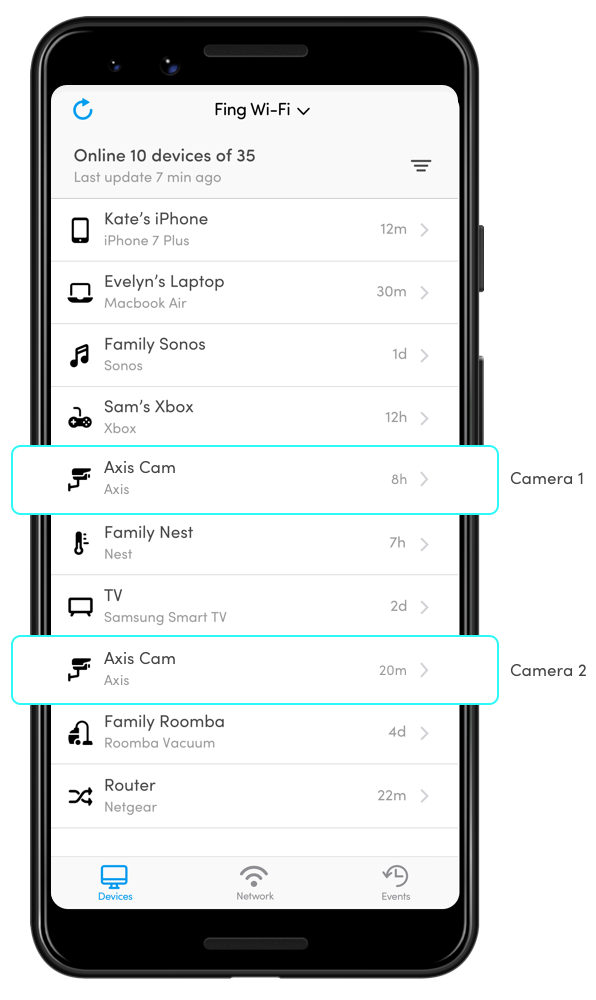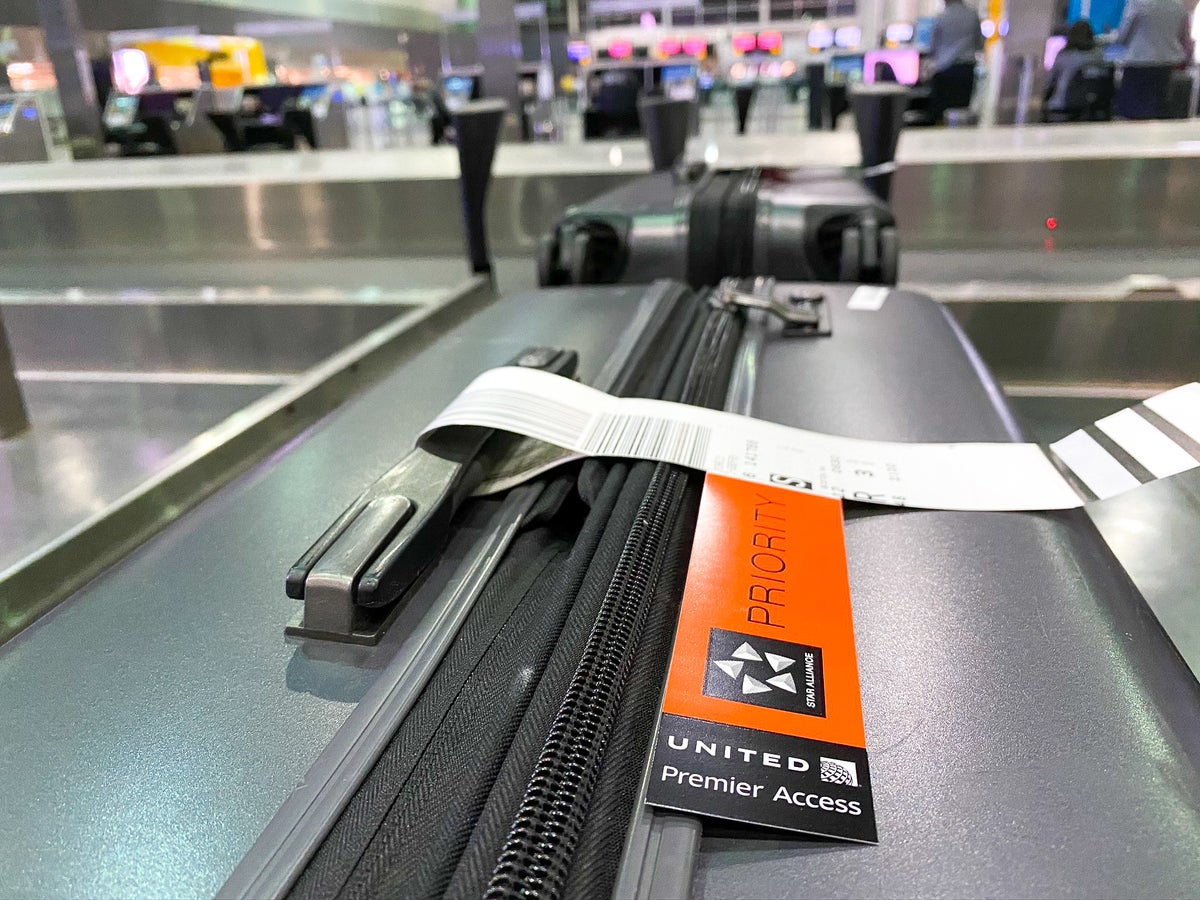Amar Hussain
Amar Hussain
Senior Content Contributor
872 Published Articles
Countries Visited: 63U.S. States Visited: 9
Amar is an avid traveler and tester of products. He has spent the last 13 years traveling all 7 continents and has put the products to the test on each of them. He has contributed to publications incl...
Edited by: Keri Stooksbury
Keri Stooksbury
Editor-in-Chief
120 Published Articles 3864 Edited Articles
Countries Visited: 54U.S. States Visited: 28
Editing with Upgraded Points for over 6 years, as editor-in-chief, Keri manages the editorial calendar and oversees the efforts of the editing team and over 15 content contributors, reviewing thousand...
![How to Find Hidden Cameras in Your Airbnb Rental [Includes Security Expert Tips]](https://upgradedpoints.com/wp-content/uploads/2020/03/Mini-Hidden-Spa-Camera.jpg?auto=webp&disable=upscale&width=1200)






![The Most Expensive Airbnb Listings In Every State [Data Study]](https://upgradedpoints.com/wp-content/uploads/2023/01/IMG_8187.jpg?auto=webp&disable=upscale&width=1200)
![Carry-On Luggage Size Chart for 64 Major Airlines [Dimensions, Sizes & More]](https://upgradedpoints.com/wp-content/uploads/2019/03/AdobeStock_251002131.jpeg?auto=webp&disable=upscale&width=1200)
